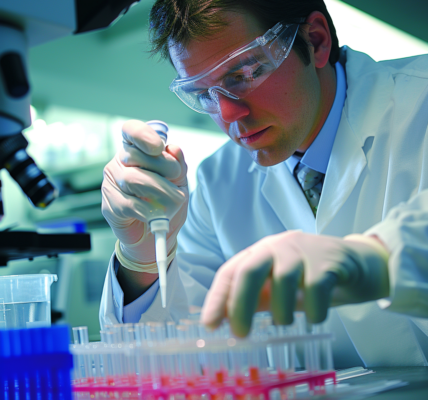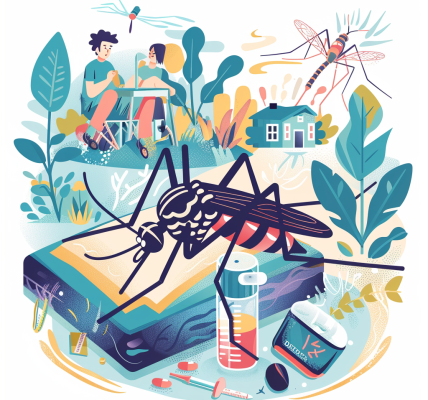Researchers at the University of Birmingham have been granted £350,000 to develop special lollipops designed to aid in the diagnosis of mouth cancer without resorting to painful and invasive methods.
The innovation aims to provide a less painful and more cost-effective alternative to the current practice of cutting out a tissue sample for laboratory testing, which is the standard procedure for identifying oral cancers.
The smart hydrogel, created by Dr. Ruchi Gupta and her team, is the foundation for these lollipops. The hydrogel acts as a net, absorbing large amounts of water and capturing larger molecules such as proteins. The captured molecules can then be released for analysis in the laboratory, offering a less intrusive diagnostic approach.
Dr. Gupta, associate professor of biosensors, expressed excitement about the project’s next phase, highlighting the potential for a more patient-friendly and GP-accessible diagnostic device. The hope is that this innovation could revolutionize the process of diagnosing mouth cancer, providing a much kinder experience for patients and simplifying the procedure for GPs.
Each year, approximately 12,400 individuals in the UK are diagnosed with head and neck cancers, making the need for improved diagnostic methods crucial. The current process often involves the discomfort of inserting a flexible camera through the nose or mouth to obtain a biopsy for testing.
One individual, Rachel Parsons, shared her experience of undergoing a painful biopsy for a lump in her cheek, emphasizing the potential of using a lollipop for initial diagnosis as a remarkable advancement. The grant, awarded by Cancer Research UK and the Engineering and Physical Services Research Council over the next three years, offers a promising opportunity to advance the development of this innovative diagnostic tool.
Dr. Iain Foulkes, Executive Director of Research and Innovation at Cancer Research UK, stressed the need for a more accurate, efficient, and compassionate diagnostic alternative. The goal is to identify cases of mouth cancer at an earlier stage, ultimately improving patient outcomes. This project marks an important initial step towards a completely new approach to early detection of mouth cancers.
Faye Bishop, a tongue cancer survivor, further underscored the significance of advancements in diagnostic methods. Her personal experience, which involved extensive surgery, chemotherapy, and radiotherapy, highlights the urgency of developing kinder and more effective diagnostic tools for mouth cancer.





